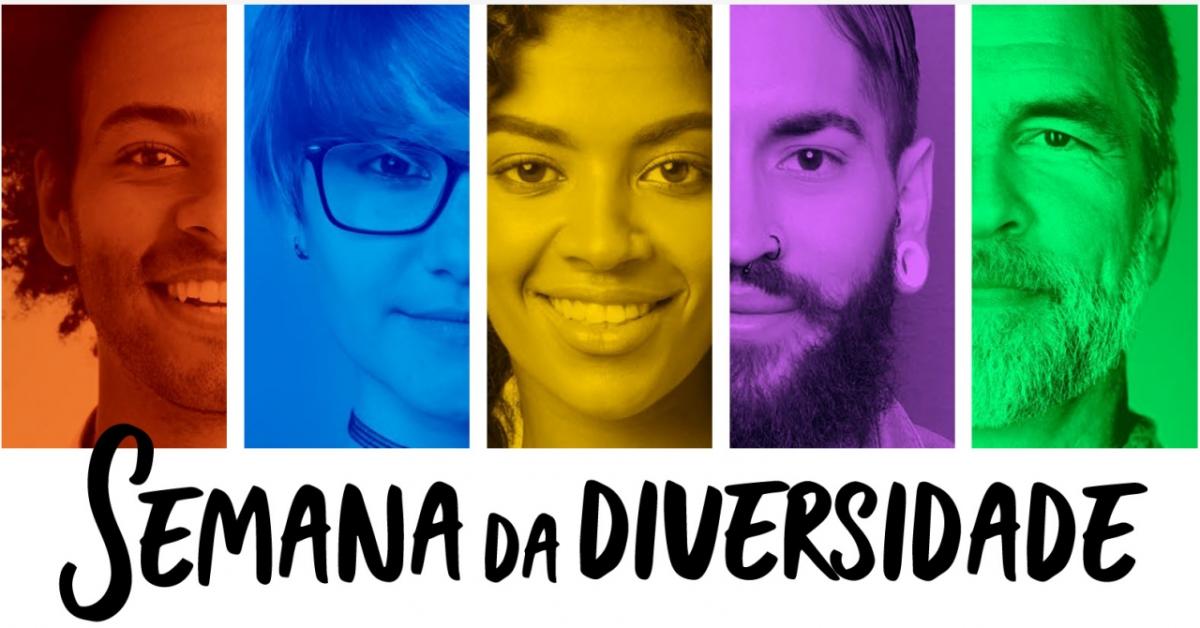CNH Industrial Celebrates the Potential of Difference During Diversity Week

In order to focus on and expand the perspectives of diversity and foster a culture of inclusion, CNH Industrial held a week dedicated to Diversity at all of its facilities in Brazil and Argentina. The virtual event was aimed at all company employees and addressed the issues of “Masculinity and self-care”, “Ethnic-racial equity” and “Inclusive Culture”. One initiative, a panel discussion, featured journalist Ismael dos Anjos, a consultant on the topic of masculinity and co-founder of the Black Population Defense Institute; lawyer Ana Bavon, coordinator of the Ethics, Diversity and Equality Committee of the Brazilian Institute of Law and Business Ethics; alongside psychologist Elaine Terceiro, consultant and Head of Training in More Diversity (Mais Diversidade).
This event is part of a series of company initiatives that aim to promote an inclusive culture and equality between genders, social classes and ethnicities. Much more than simply a guideline or value, diversity is a core element of CNH Industrial's DNA: multicultural in nature, the company operates in different industrial segments, is present in 180 countries, has 17 official languages and, in some locations, has up to four generations working at its facilities.
“Diversity is part of our business strategy based on collaborative innovation. We are considered an innovative company because we work in cooperation with a plurality of cultures, genders, generations and life experiences. By stimulating these discussions, we have identified new ways to value the potential of our employees and generate a positive impact on society,” said Telma Cracco, Vice President, Human Resources South America, CNH Industrial.
The importance of diversity in the Company's innovation process can also be clearly seen in the products it produces. Examples include agricultural and construction equipment which has been adapted to ensure ease of access for operators with reduced mobility, and a minibus for passengers with reduced mobility. “Our ability to listen to our employees across all of our sites and at all levels of the organization, is what maximizes our ability to innovate, which is reflected across the number of ideas, projects, patents, and differentiated solutions we have produced,” concluded Ms. Cracco.

